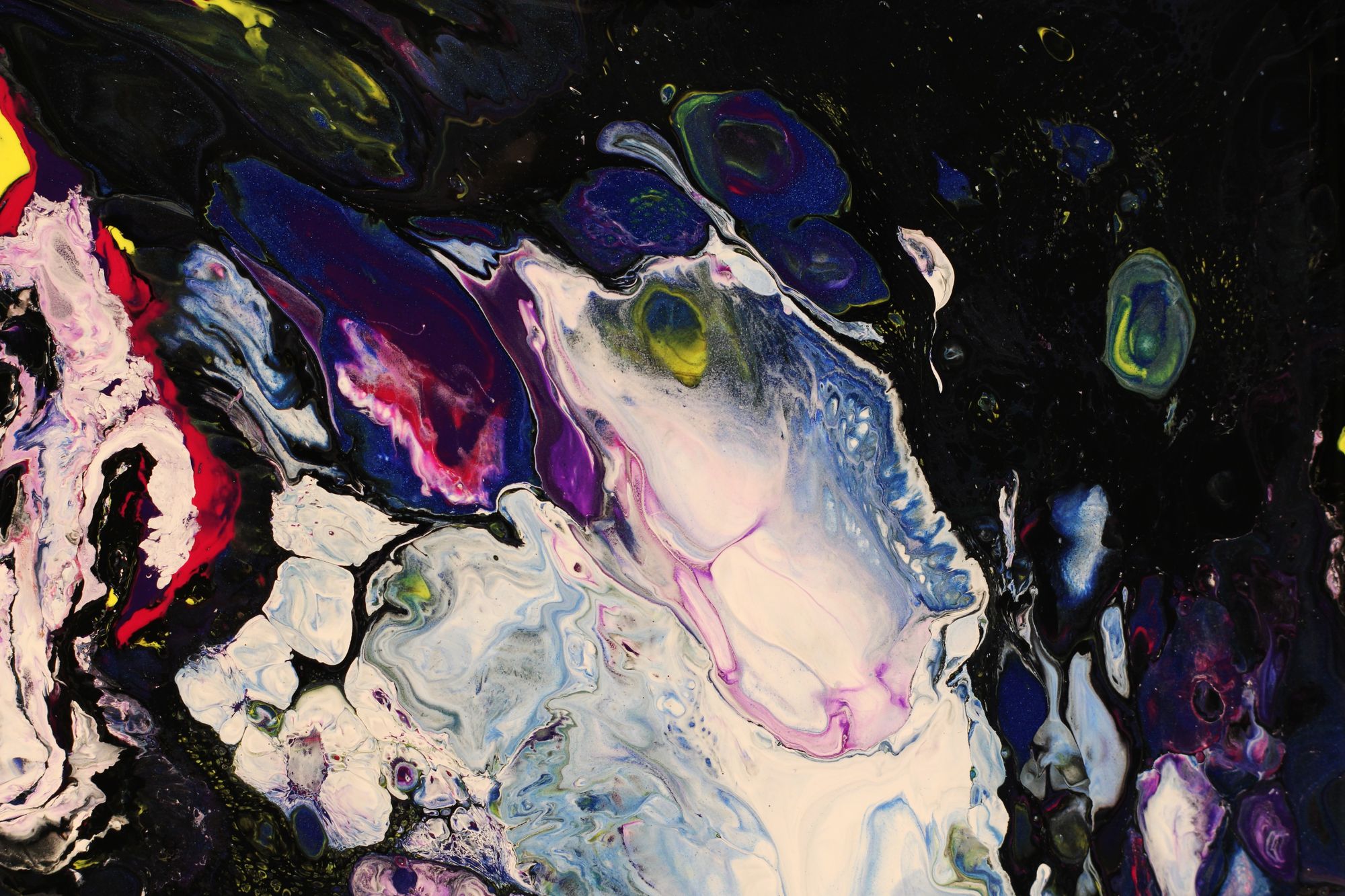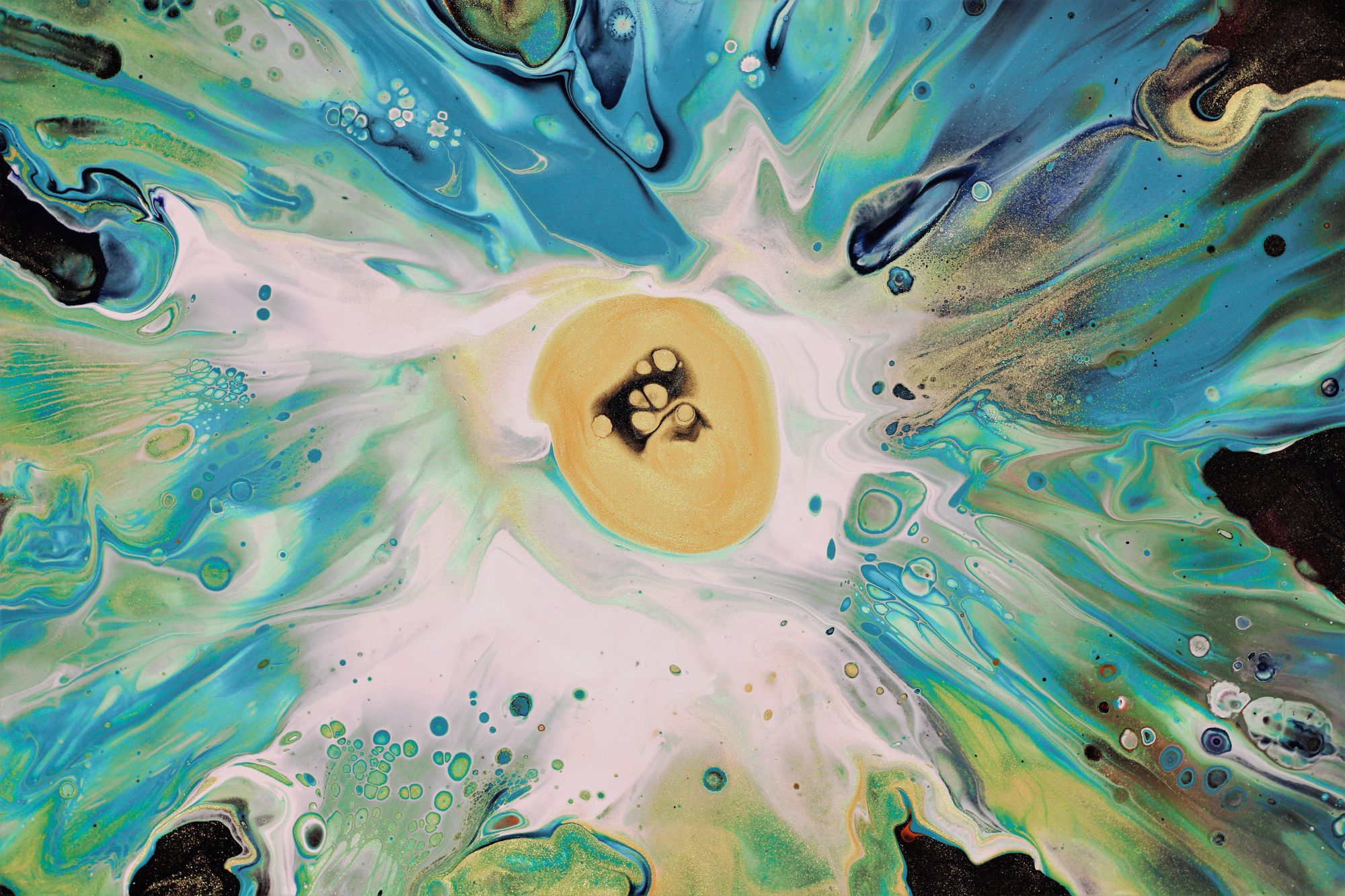Psychedelics can change your mind.
I want to know how.
Hello, my name is Charles Bliss. I am a journalist from Norwich, UK reporting on the scientific, political and cultural impact of psychedelic compounds.

Our mental health is in a tailspin.
One in every six adults has a mental disorder like anxiety. Depression is the second leading cause of disability worldwide. Suicide is the single biggest killer of men under the age of 45 in the UK. In 2021, my friend took his own life.
The tools we have for mental health are inadequate. Antidepressants don’t work for everybody and cause unwanted side effects.
What are psychedelics?
Psychedelics are alternative medicines that, when used in a therapeutic setting, can offer powerful experiences that reshape our behaviour and thinking. The classic psychedelic substances are lysergic acid diethylamide (LSD), N,N-dimethyltryptamine (DMT), psilocybin mushrooms and mescaline.
Our understanding of how psychedelics affect the brain is still primitive. But results from government-funded research are positive. Clinical trials show that psychedelic-assisted psychotherapy can positively treat anxiety, depression, addiction, chronic pain and post-traumatic stress disorder.

One theory argues that the psychedelic experience is like a reverse trauma that “shakes the snow globe” of negative patterns of thought. A single dose can free the patient from self-critical mental loops.
These drugs are gradually being legalised. Market analysis has valued the psychedelic industry at $10.75 billion by 2028. We need rigorous journalistic analysis, supported by data, as these drugs hit the mainstream.
With our heads in the clouds, we must keep our feet firmly on the ground.
That’s why psychedelic journalism matters.
I am not an evangelist for these drugs. Psychedelics are not a panacea. They involve serious risks.
The Greek word for drug — pharmakon — refers to both medicine and poison. Whether the drug is a medicine or a poison depends on how it is used: dose, intention, and set and setting.
Historically, psychedelics have been portrayed as poisons — poisonous to both the individual and to society. My writing seeks to cleanse psychedelics of the countercultural baggage that has coloured our judgment and look at them with fresh, unprejudiced, yet critical eyes.

This blog is for everyone interested in psychedelics, mental health and creativity. On this website you will find articles that explore the mind, health, art, music, mythology, cinema, literature and beyond.
I also publish articles and resources to support a new generation of journalists at the dawn of the psychedelic renaissance.
Turn on, tune in and drop your email address into the box below to subscribe to my newsletter, Afterglow.
